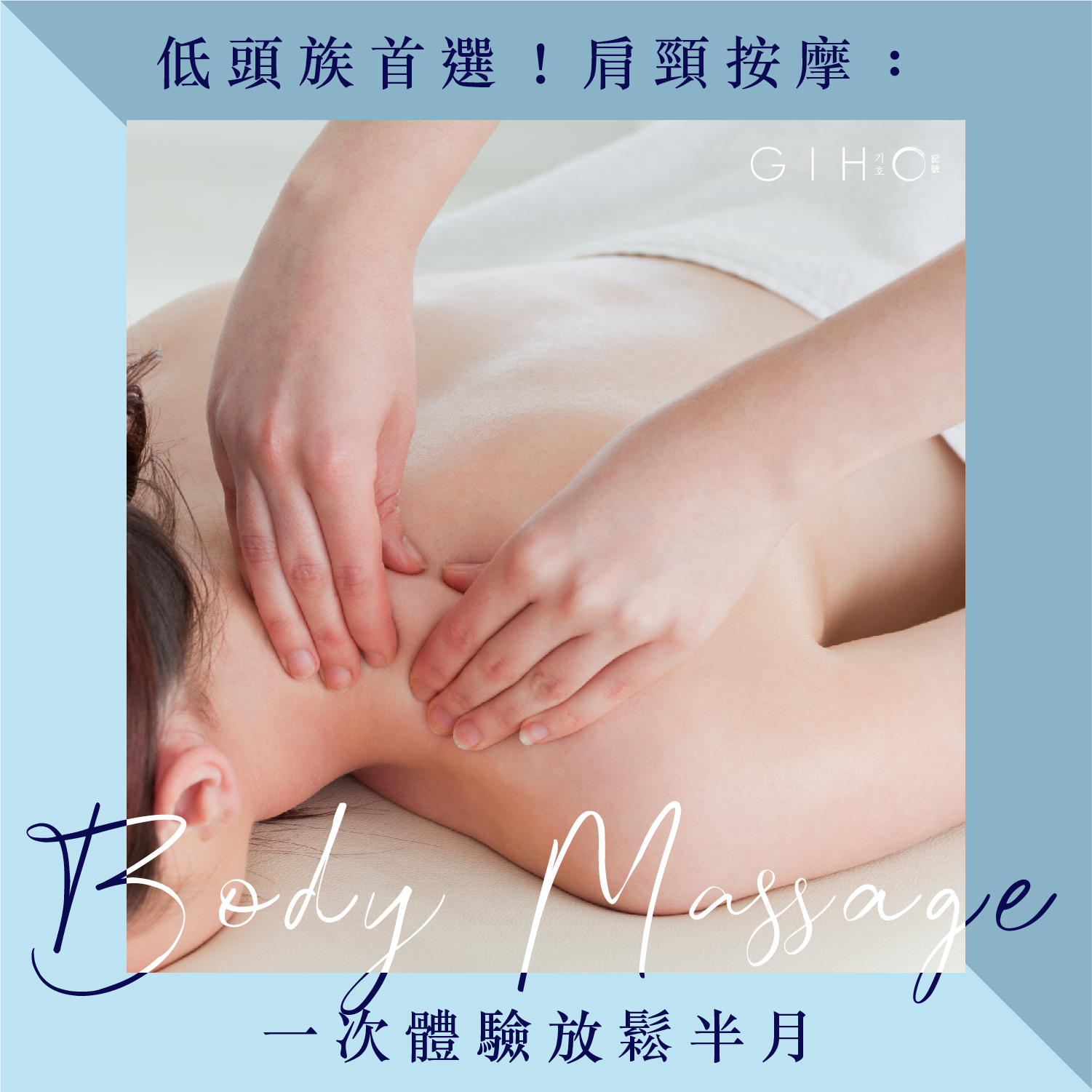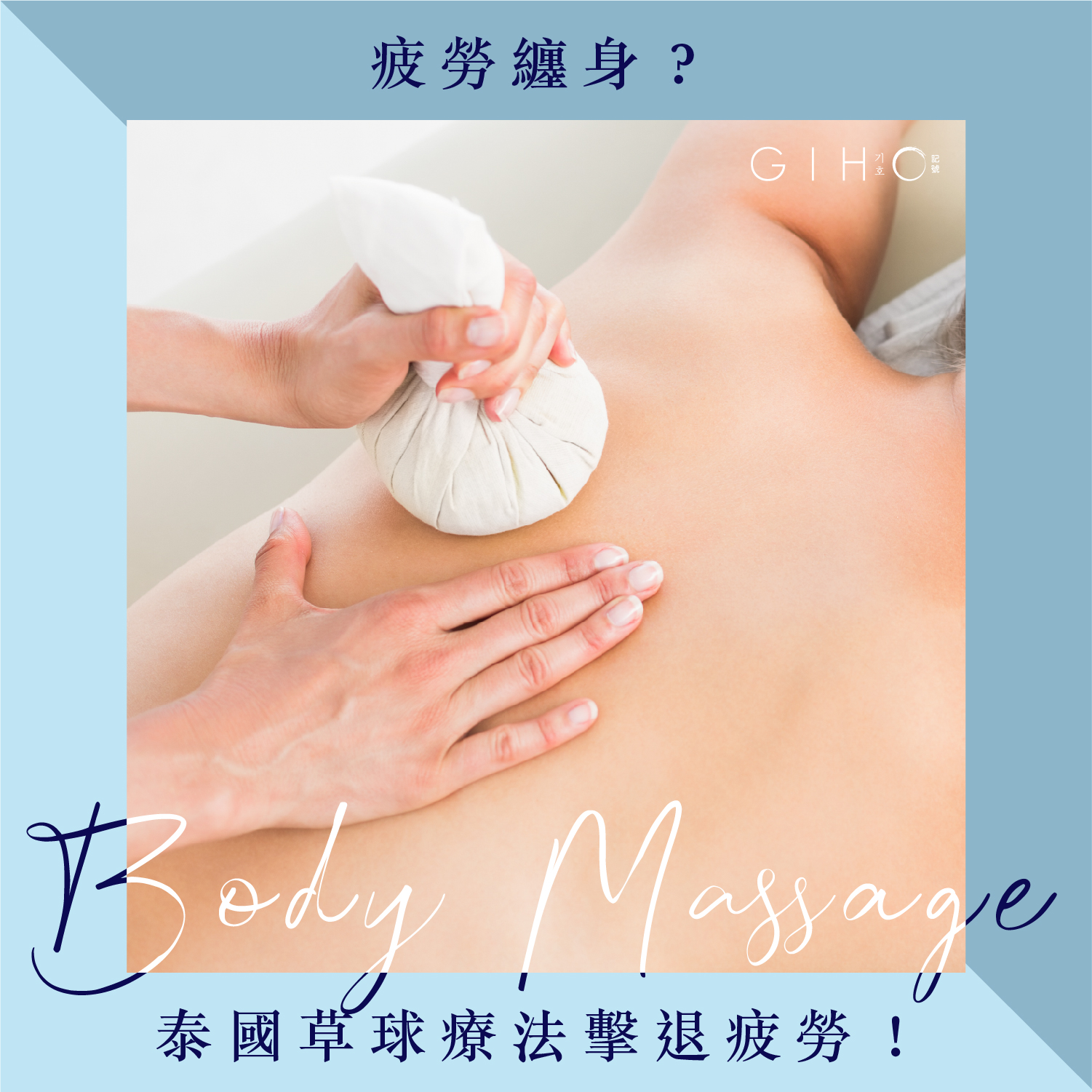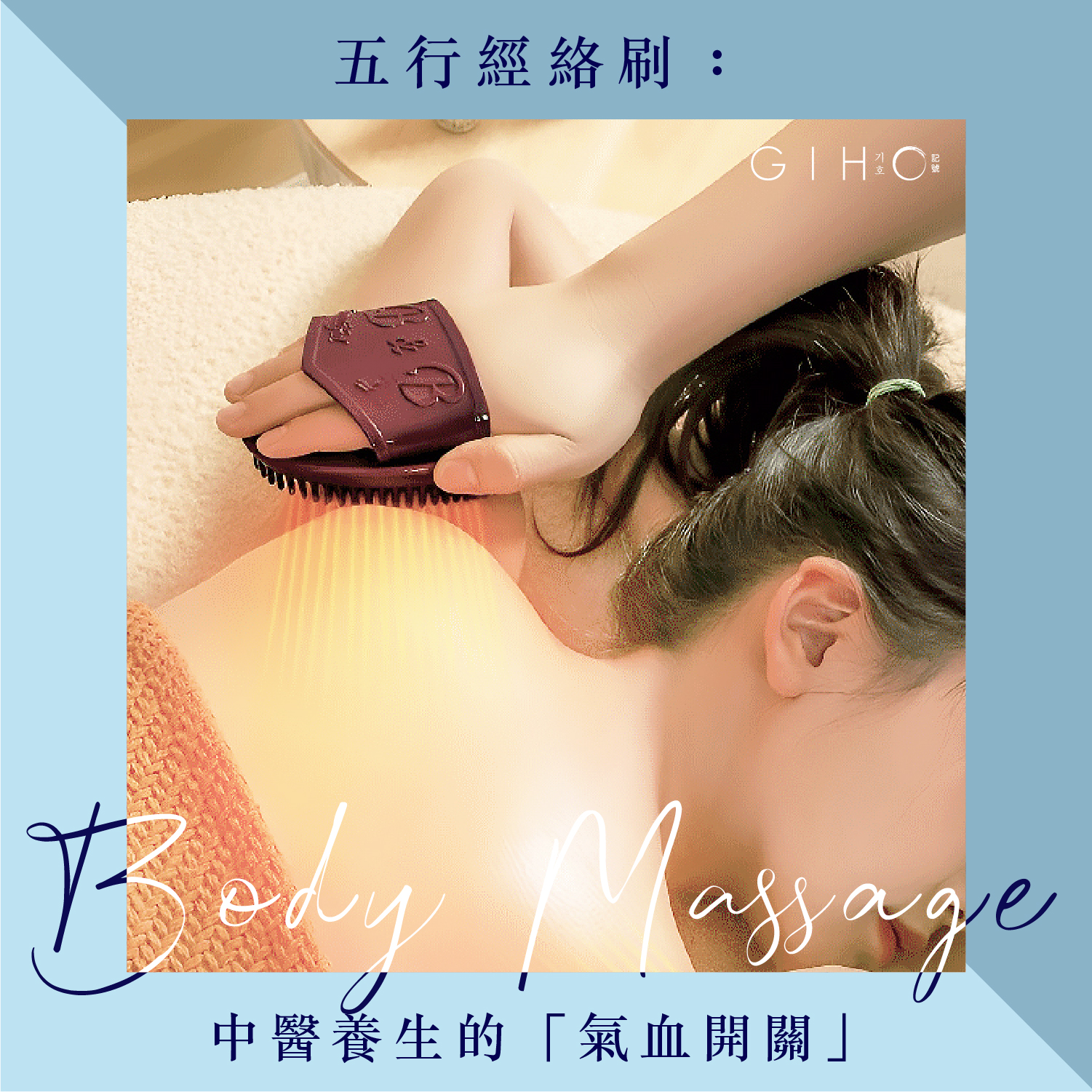With the widespread use of smartphones, people now spend an average of over five hours daily looking down at their devices. Whether briefly scrolling during subway commutes or spending long hours on desk work in the office, the "forward-head posture" is silently eroding our health. Clinical data shows that more than 65% of urban dwellers suffer from chronic shoulder and neck stiffness, headaches, and even spinal discomfort—issues often rooted in these daily habits. GIHO's Pain Relief Massage and Neck & Shoulder Relaxation services are specifically designed for modern lifestyles, offering a range of professional massage therapies that target the root cause of muscle tension—helping you reclaim comfort and freedom in your body.

Why does neck and shoulder pain occur?
If you frequently look down at your phone, maintain poor posture, experience daily life stress, sleep without a pillow, or suddenly lift heavy objects, then neck and shoulder pain is no cause for panic—it’s a common issue. Here are some key habits to be aware of:
7 Bad Habits: The Silent Triggers of Pain
Spending long hours looking down at your phone
For every 15 degrees your head tilts forward, your cervical spine bears an additional 12 kg of pressure, putting excessive strain on the spinal discs.
Poor posture at your desk
Hunching over while working keeps your scapular muscles constantly tightened, often triggering "Upper Crossed Syndrome".
Lack of Proper Exercise
Muscles remain in a state of static contraction for prolonged periods, leading to poor blood circulation and the development of chronic pain.
Using a pillow that doesn’t provide proper support
Lack of cervical spine support during sleep leads to waking up with stiff shoulders and neck.
Consistently carrying bags on one side
Uneven weight distribution leads to spinal curvature and overloading of muscles on one side.
Air-conditioning directly blowing on the neck and shoulders
Low temperatures cause blood vessels in muscles to constrict, accelerating lactic acid buildup and forming pain points.
Stress-induced unconscious tension
Psychological stress manifests as sustained contraction of neck and shoulder muscles, creating a vicious cycle.
These seemingly minor habits, accumulated over time, can lead to muscle imbalances, fascial adhesions, and even trigger complications like migraines and hand numbness—creating a vicious cycle.

7 Evidence-Based Benefits of Neck & Shoulder Massage
Instant Relief for Tight Muscles
Professional techniques release muscles from a state of "overstimulation," rapidly alleviating stiffness.
Enhances Blood Circulation in the Head Area
Promotes carotid artery blood flow, which helps reduce headaches and dizziness caused by oxygen deficiency.
Breaks Down Lactic Acid Buildup
Targeted pressure accelerates the removal of metabolic waste, eliminating "tender knots".
Spinal Alignment
Relaxing deep muscle groups helps restore the cervical spine's natural curvature, alleviating nerve compression.
Prevents Fascial Adhesions
Regular care maintains fascial glide and prevents restricted movement.
Improves Sleep Quality
After releasing neck and shoulder tension, the average time to fall asleep is reduced by 35%.
Boosts Immunity
Research indicates that moderate massage can reduce stress hormones and enhance lymphatic circulation.
If you often feel like your shoulders and neck are burdened as if carrying a heavy weight, or hear "clicking" sounds when turning your head—these are your body’s distress signals. GIHO’s pain relief and neck-shoulder relaxation therapies are drug-free, non-invasive, and delivered by a professional team using precise techniques to restore your body’s balance. Book your first session now and experience the relief of “releasing a thousand knots with one press.”
GIHO Pain Relief & Neck-Shoulder Relaxation Services
Promotes Energy Flow, Clears Head and Sharpens Vision
Relieves Nerve Pressure, Eliminates Numbness
Releases Fascial Tension, Promotes Muscle Realignment
Corrects Posture | Reduces Swelling & Bruising










